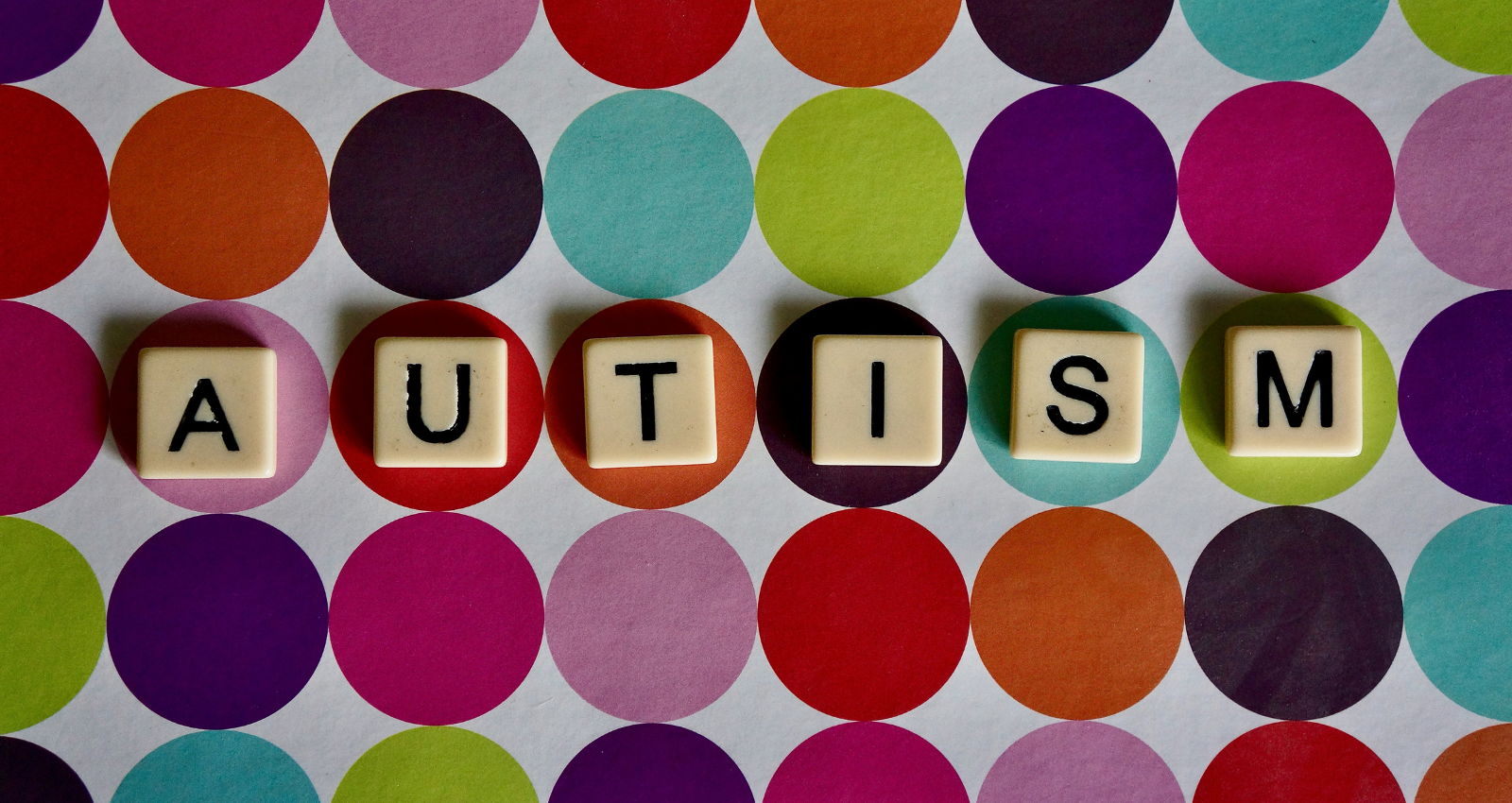
What are the most common health problems associated with autism?
Autism is, not always, but often diagnosed alongside other medical conditions. In this blog, SpecialKids.Company will discuss the common health problems associated with autism. As always, if you have any concerns relating to these conditions, we recommend that you speak to your GP or child’s paediatrician.
Conditions that can affect autistic people include:

1. Attention Deficit Hyperactivity Disorder (ADHD)
It is quite common for children with autism to have ADHD. Both are neurological disorders, which can interact with one another. ADHD can affect behaviour and your child might be restless and have difficulty concentrating. Children with ADHD often act on impulse and can struggle to follow instructions, be organised and socialise.
2. Problems with joints
Some children with autism also have problems with joints, which can be flexible and painful. Hypermobility is a condition that a lot of autistic children have, as is Ehlers-Danlos syndrome. These can impact your child’s balance, cause pain and difficulty walking and cause them to tire easily.
3. Insomnia
It is perhaps no surprise that lots of children with autism have difficulty sleeping. Insomnia is unfortunately very common and lots of children struggle to get to sleep and stay asleep.
4. Learning Disabilities
Learning Disabilities are often associated with autism and can vary in severity. For some children, their cognitive ability is impacted, they may have speech and language difficulties and may have difficulty with understanding and danger awareness. As a result of this, some children with autism may need to attend schools for children with complex special educational needs.
5. Epilepsy
It is unclear why children with autism are more likely to develop epilepsy than neurotypical children, however, there is evidence to show that there is a link between autism and epilepsy. According to the National Autistic Society, ‘different studies have shown that intellectual disability (ID) is the major risk factor for autistic people developing epilepsy. The risk for epilepsy in autistic children without an ID is 8%, increasing to 20% in those with an ID. The risk can be as high as 40% in those with severe intellectual disability. Among autistic children who have IQs above 70, approximately 4% develop epilepsy’.
It's important to be aware that epilepsy can present in many ways. Some seizures are obvious, whereas some can present as tics, a blank ‘spaced out’ expression or even laughter. If you suspect your child might be having seizures, it is worthwhile recording the episodes to show a doctor and noting how they felt before and afterwards. Your child might be referred for an electroencephalogram (EEG) or MRI.
6. Obsessive Compulsive Disorder (OCD)
Children with autism are more likely to experience OCD. Compulsions can be physical actions, such as checking something repetitively; mental rituals, such as washing hands; or wanting to complete a compulsion a specific number of times without being interrupted. OCD can be overwhelming and cause worry and fear for some children if things are done a certain way. This can result in intrusive thoughts.
7. Sensory Issues / Sensory Processing Disorder
Most autistic children have some sensory processing issues, which means that they are either over-sensitive or under-sensitive to stimuli that they can smell, taste, touch or hear. Sensory issues are often not diagnosed as a disorder but are common in children with autism, ADHD and anxiety.
8. Mental Health Problems
Sadly, mental health problems often come hand in hand with the difficulties that autism and the conditions associated with it bring. Children may suffer from low mood, anxiety and stress as a result. There is lots of support available if your child is having mental health problems and if you have any concerns you should speak to your child and the team of professionals that support them.

